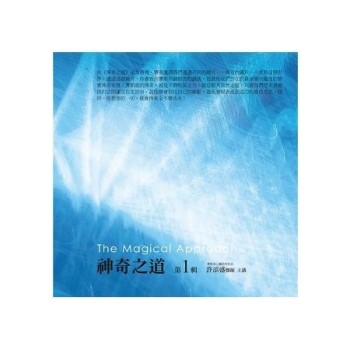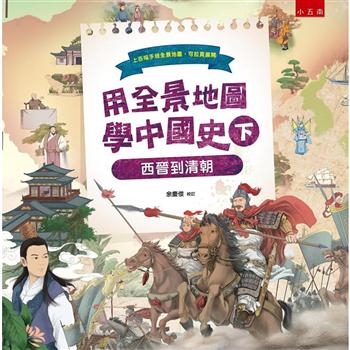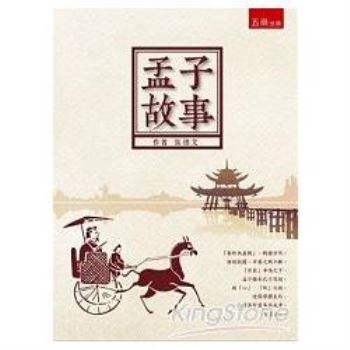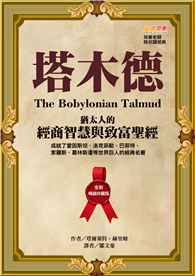The author of On First Looking into Homer's Odyssey reports of this work: My enthusiasm for the Homeric epics dates to 1933, when in Frank Durkee's sophomore English class in Somerville (New Jersey) High School, I was introduced to the Odyssey in the Butcher & Lang prose translation. We students had already been exposed to Classical mythology in the elementary grades, and I had read on my own Bulfinch's Age of Fable, a treasured birthday present. Mr. Durkee presented the Odyssey as a collection of fabulous adventures, and I read with excitement about the Cyclops, the witch Circe, the Sirens and Scylla and Charybdis. In my late teens and early twenties I read and re-read the Iliad in various translations, eager to explore the events which preceded the Odyssey. In my mid-thirties, I undertook to master Classical Greek, impelled in great part by a desire to read Homer in the original. When I declared to Vera Lachmann, a Brooklyn College Classics professor who invited me to read Greek with her on Saturday mornings, that I was coming to believe that there was Homer and other literature, she exclaimed, "It's about time you came to that conclusion " Returning to university in 1961 to pursue courses toward a doctorate, I exposed in my dissertation Byron's critique of the Homeric epics in his comic epic, Don Juan. Appointed in 1966 to found a Classics department at Brock University, a newly established Ontario institution, I developed an intensive survey course of Classical literature in translation (from which I hoped to recruit students for courses in Latin and Greek). The first day of class of the survey course, I would announce: "People think that if they can read a newspaper they know how to read, and, indeed, you may be able to read a bestseller with minimal effort, but the works we will be studying this year require a special effort, a special kind of reading. Masterworks like the Homeric epics are to be approached as congealed life. Almost every line exposes a view of the world that Cicero denominated humanitas. And so this year you are going to learn how to read the Greek and Roman classics and to investigate an alternate view of the world to the Judaeo-Christian." The approach I have followed in the two volumes exploring Homer's dramatic artistry is similar to that I pursued in my classes more than forty years ago.
| FindBook |
有 1 項符合
On First Looking into Homer’s Odyssey: Exploring the Bard’s Dramatic Artistry的圖書 |
 |
On First Looking into Homer’s Odyssey: Exploring the Bard’s Dramatic Artistry 作者:Kahn 出版社:Authorhouse 出版日期:2009-05-01 語言:英文 規格:精裝 / 163頁 / 22.9 x 15.2 x 1 cm / 普通級 |
| 圖書館借閱 |
| 國家圖書館 | 全國圖書書目資訊網 | 國立公共資訊圖書館 | 電子書服務平台 | MetaCat 跨館整合查詢 |
| 臺北市立圖書館 | 新北市立圖書館 | 基隆市公共圖書館 | 桃園市立圖書館 | 新竹縣公共圖書館 |
| 苗栗縣立圖書館 | 臺中市立圖書館 | 彰化縣公共圖書館 | 南投縣文化局 | 雲林縣公共圖書館 |
| 嘉義縣圖書館 | 臺南市立圖書館 | 高雄市立圖書館 | 屏東縣公共圖書館 | 宜蘭縣公共圖書館 |
| 花蓮縣文化局 | 臺東縣文化處 |
|
|
圖書介紹 - 資料來源:博客來 評分:
圖書名稱:On First Looking into Homer’s Odyssey: Exploring the Bard’s Dramatic Artistry
|











